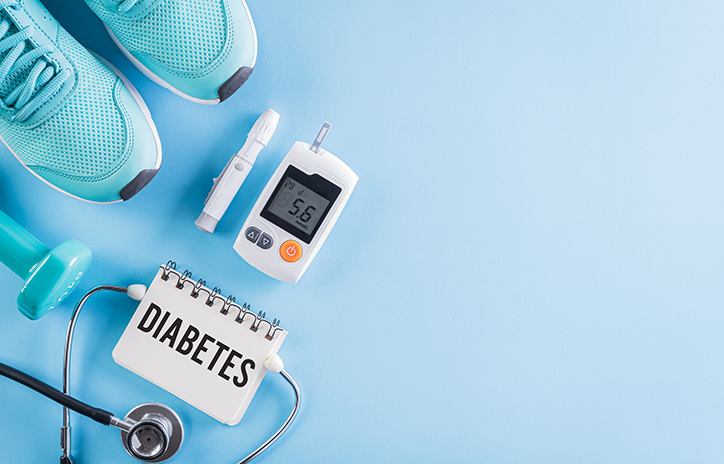The report further highlights that even for those who do receive a diagnosis, the challenges of care and management remain significant
A startling number of young adults across the globe are living with diabetes without even knowing it, according to a major new study published in The Lancet Diabetes & Endocrinology. The findings raise alarm bells about a looming global health crisis that could worsen in the coming decades if urgent action is not taken.
Researchers from the Institute for Health Metrics and Evaluation (IHME) at the University of Washington School of Medicine analysed data on diabetes care across 204 countries and territories between 2000 and 2023. Their results revealed a troubling reality: in 2023, about 44 per cent of people aged 15 and older with diabetes were unaware that they had the disease.
While this marks an improvement from 2000, when 53 per cent were undiagnosed, the pace of detection remains worryingly slow. What is particularly concerning, the study notes, is that younger adults between the ages of 15 and 39 were the least likely to be diagnosed. Only 26 per cent of young people with diabetes received a diagnosis in 2023, leaving nearly three-fourths of this group unaware of their condition.
This is especially dangerous because those diagnosed at a younger age face a much longer lifetime with the disease, thereby heightening their risk of severe complications, including kidney failure, heart disease, and vision loss. “By 2050, 1.3 billion people are expected to be living with diabetes, and if nearly half don’t know they have a serious and potentially deadly health condition, it could easily become a silent epidemic,” said Lauryn Stafford, first author and researcher at IHME.
The report further highlights that even for those who do receive a diagnosis, the challenges of care and management remain significant. Among diagnosed patients, an encouraging 91 per cent were on some form of pharmacological treatment. However, the real picture of disease control is far bleaker. Only 42 per cent of those undergoing treatment had their blood sugar levels managed optimally. That means just 21 per cent of all people with diabetes worldwide are achieving the level of control needed to minimise risks and prevent complications.
The research also reveals wide disparities between regions. High-income countries fare better in detection and treatment, but even there, challenges remain. High-income North America recorded the highest rates of diagnosis, while high-income Asia Pacific showed the strongest treatment uptake among those diagnosed. Southern Latin America stood out for having the best rates of optimal blood sugar management among those under treatment.
In contrast, the picture in low- and middle-income regions is starkly different. Central sub-Saharan Africa faced the widest gaps in diagnosis, with less than 20 per cent of people with diabetes even aware of their condition. The lack of access to diagnostic facilities, medications, and monitoring tools leaves millions of people at risk of severe complications and premature death.
The study’s findings make clear that while progress has been made over two decades, it is not enough to keep pace with the rapidly rising global burden of diabetes. Experts stress the urgent need for investment in early screening programmes, particularly targeting younger populations who often go undiagnosed. Expanding access to affordable medicines and modern glucose-monitoring tools is equally critical, especially in underserved regions.

Health professionals warn that the diabetes crisis cannot be tackled in isolation. Broader public health strategies — including awareness campaigns, lifestyle interventions, and better integration of primary healthcare services — will be necessary to curb the trajectory of the disease.
For young people, the message is particularly urgent. Diabetes is no longer a condition restricted to older adults, and ignoring symptoms or delaying diagnosis can have life-altering consequences. Early detection not only helps reduce the risk of long-term complications but also allows individuals to adopt lifestyle changes and treatment strategies that can improve quality of life.
As the world looks ahead to a future where 1.3 billion people could be living with diabetes, the stakes are clear. Without stronger measures to diagnose and manage the disease, especially in younger adults, the silent spread of diabetes may transform into one of the most pressing global health challenges of the century.











